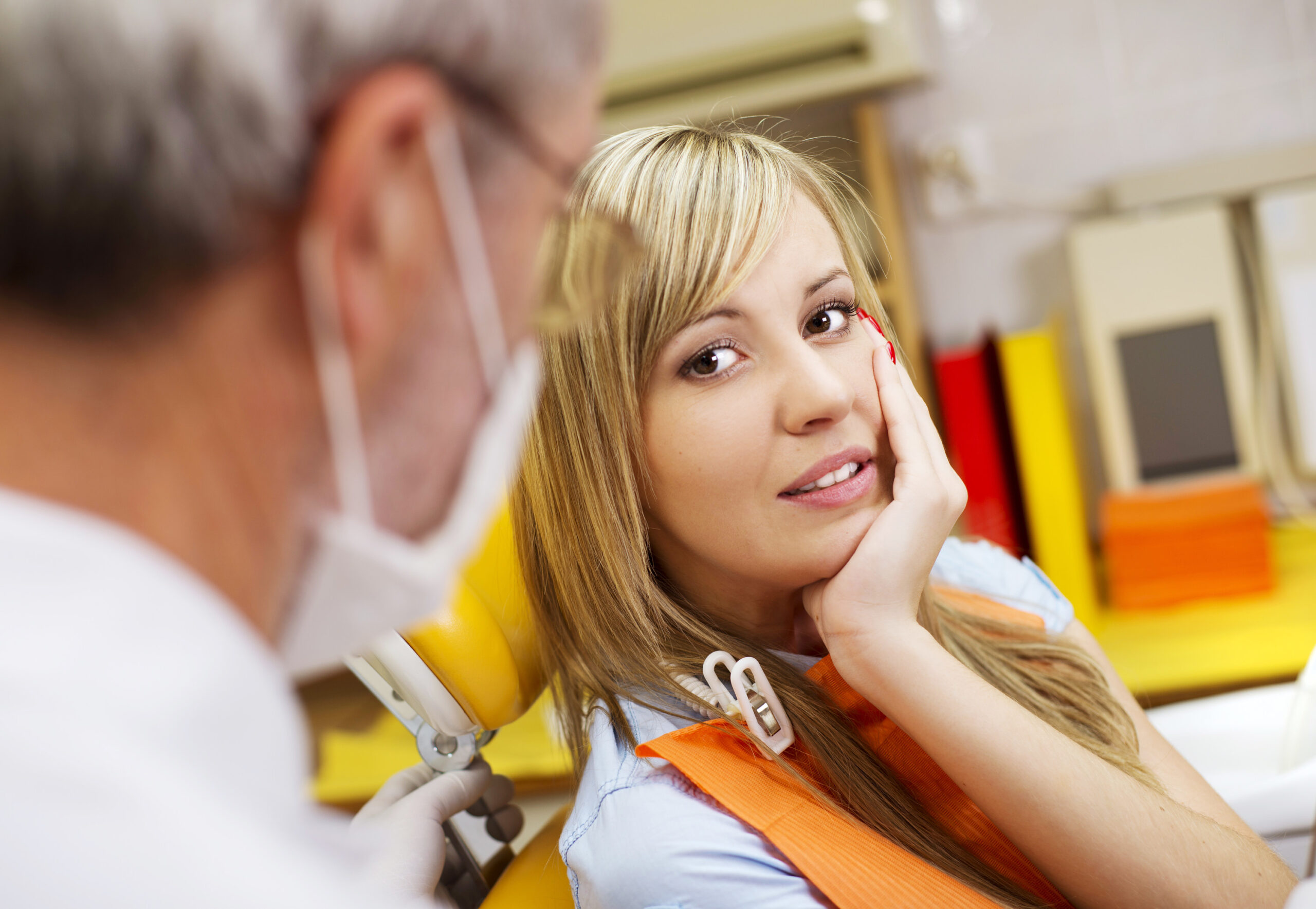Knowing what to do in case of an emergency can help avoid much damage, even though prevention through regular dental visits is the best way to maintain your oral health in the long term. Tooth decay, gum disease, and a chipped tooth are some of the most frequent dental emergencies. But how should you deal with them? With due diligence, you can avoid harm and reinstate excellent oral health.
Overview of Dental Emergencies
1. Toothache
Some toothaches can be treated without the need for emergency care, but some symptoms, like swelling, call for immediate attention. Use a cold compress on the outside of your cheek and an emergency dental clinic. Following your procedure, your dentist near you won’t be able to stress enough how vital good oral hygiene is for preventing tooth decay, cavities, and other serious dental issues.
2. Chipped or Broken Teeth
Broken or chipped teeth can hurt as well as spoil your picture-perfect smile. Warm water should be used to rinse your mouth, and the bleeding area should be protected with gauze. Further, to reduce swelling and pain, apply a cool compress to the area of your face nearest to the broken or chipped tooth. Your dentist will urge you to not bite down on hard or crunchy foods and practice sports or other activities that could break or crack teeth while in emergency dental care.
3. Lost Filling or Crown
Crowns and fillings help restore previously harmed teeth to their best possible appearance and functionality. To control further damage or reinfection, you must treat these as soon as they break. To avoid damaging the tooth, serve the cavity with gum but do not try to fix it yourself. To reapply for the repair or receive a new crown, you must put it in a zip-top bag and bring it to your dentist’s clinic.
4. Broken Orthodontics
The metal wires and brackets used in braces are strong and made to resist the daily stress of chewing, eating, and even talking. However, they may still break and pierce your cheeks or gums. If this happens, you can try moving the broken wire to a more practical location. Further, you can cover the end with orthodontic wax, or use gauze. No matter how irksome, don’t cut the wire.
5. Bleeding and Pain After Tooth Extraction
Despite the fact that some post-operative discomfort and bleeding are normal, if they persist you should call your dentist. While waiting, put pressure on the bleeding site by biting down on a thick gauze pad. Refrain from eating and drinking.
Tips To Prevent Sports-related Injuries
The following are the basic tips to prevent a sports injury:
Use A Mouthguard: The best way to avoid tooth damage while participating in sports is to wear a mouthguard. It can help prevent the majority of injuries.
Wear A Nightguard: Wearing a sleep guard can be quite helpful in preventing tooth injuries that can occur when someone grinds their teeth at night on a regular basis.
Wear A Specific Helmet: A specifically designed helmet can assist avoid any tooth damage from occurring when someone who has been diagnosed with a disease that may cause them to fall down does so.
Avoid Consuming Hard Objects: Eating hard things like nuts, hard candy, or even ice may result in tooth injuries. Thus, avoid chewing on hard things like pencils or cans that need to be altered or abandoned.
Emergency Dental Services in Sherwood Park
Whatever the dental emergency, it’s critical to seek help right away. In the future, contact an emergency dentist near you, because if you wait too long or ignore your condition, it might get worse. To guarantee the long-term health of your teeth and gums, our dentist in Sherwood Park provides an effective solution to your problem. Come see us when you can!
